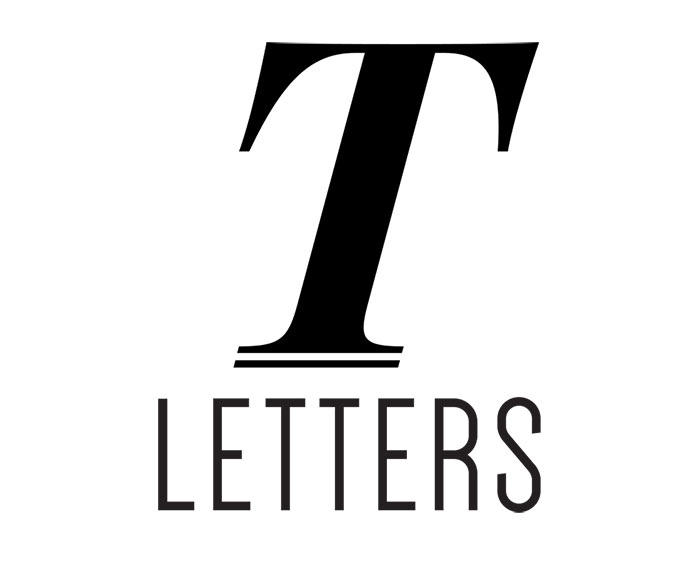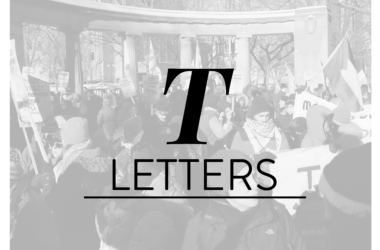I am writing in response to the December 5, 2018, Tribune article entitled “Swim team members allege an unhealthy athletic atmosphere.” While I cannot speak to the individual experiences of the quoted students, I feel it is important to fill in the article’s incomplete picture of the support system McGill offers its 700+ student-athletes. It is vital that our athletes know that the University’s varsity administration, coaches and support staff are committed to assisting them in any way they can, including in the reporting of incidences and/or behaviour that they feel is harmful.
Striving for excellence in both academics and athletics can be a delicate—and often challenging—balancing act. At times, issues arise outside or within the team environment that make achieving this balance even more difficult. This is why several different avenues of support are available to student-athletes facing problems with their varsity experience. These multiple access points, at various levels of the organization, have been designed to ensure that students always feel comfortable divulging the issues they are facing, regardless of what—or who—is involved.
At the team level, students may speak directly with their captain—a peer who is usually a veteran member of the team with strong leadership skills—or with an assistant coach, both of whom will point to other support/reporting services if necessary. At the level of student organization, athletes can speak to a member of the Varsity Council, a group of student-athlete representatives that acts as a liaison between athletes and coaches/staff. Finally, at the administrative level, students are encouraged to raise issues with the Manager of Varsity Sports, the Director of Sport Programming, and/or the Executive Director of Athletics and Recreation.
Mandatory start-of-season orientation sessions ensure that incoming athletes are immediately made aware of each of these support outlets. They also outline the central support services that are available through McGill Student Services. Varsity teams have peer tutoring and athlete-buddy programs designed to raise awareness of the support available and encourage student-athletes to reach out when necessary.
In addition to the ongoing support and reporting outlets listed above, all student-athletes fill out anonymous evaluations at the end of each year, which are then reviewed by senior staff members within Athletics and Recreation. Issues raised within these evaluations are thoroughly addressed with coaching staff and investigated if necessary. In addition, all coaches have regular evaluations with their supervisors, and are certified by various professional associations.
All student-athlete conversations with coaches and staff are strictly confidential, and information is never shared unless express permission is given, or if the health/safety of other athletes is at risk. It is for this reason that varsity staff cannot respond to requests for interviews with the press, and that they do not share information divulged to them with coaches, teammates or professors.
We know that no reporting or support system is perfect. Each athlete has their own individual expectations and needs, and as such will have a unique experience with the assistance available. This being said, I am confident in the Athletics and Recreation staff’s commitment to providing student-athletes with the best experience possible, and in their dedication to providing the ongoing support they need to thrive.







